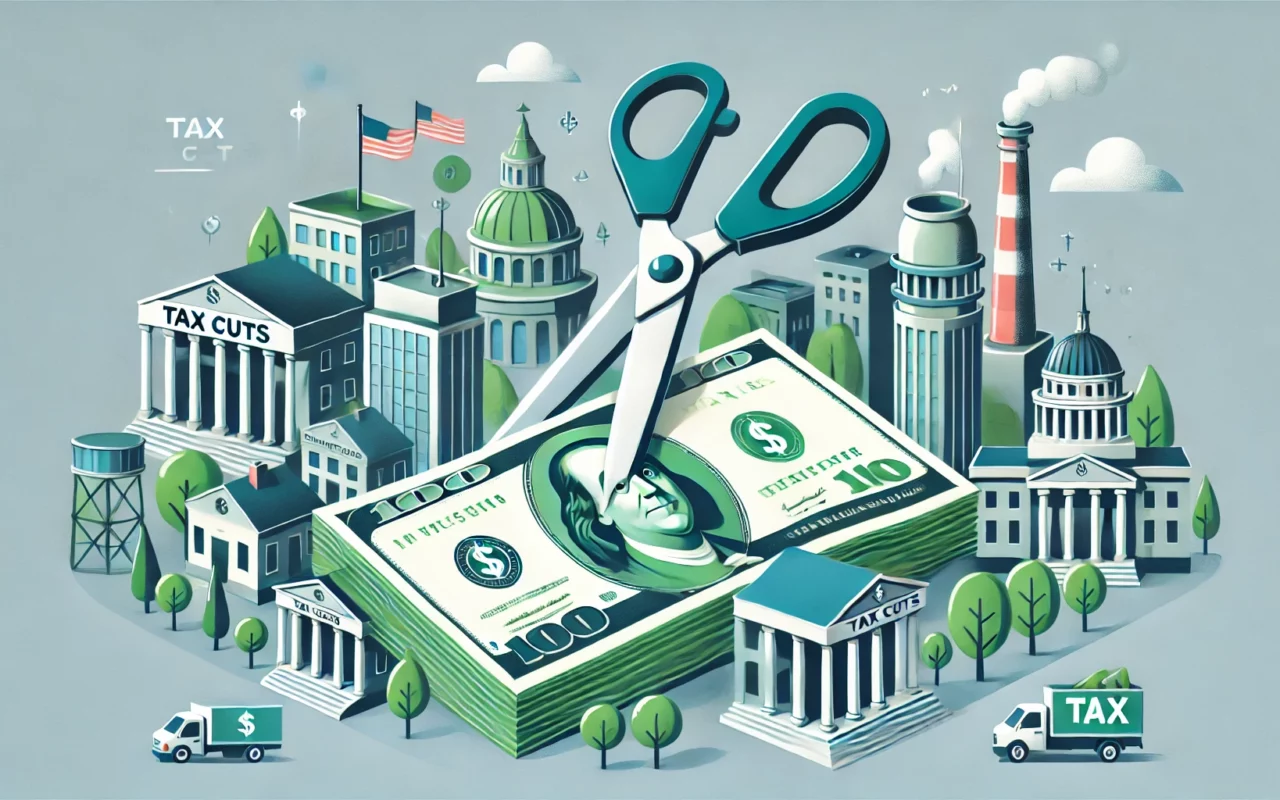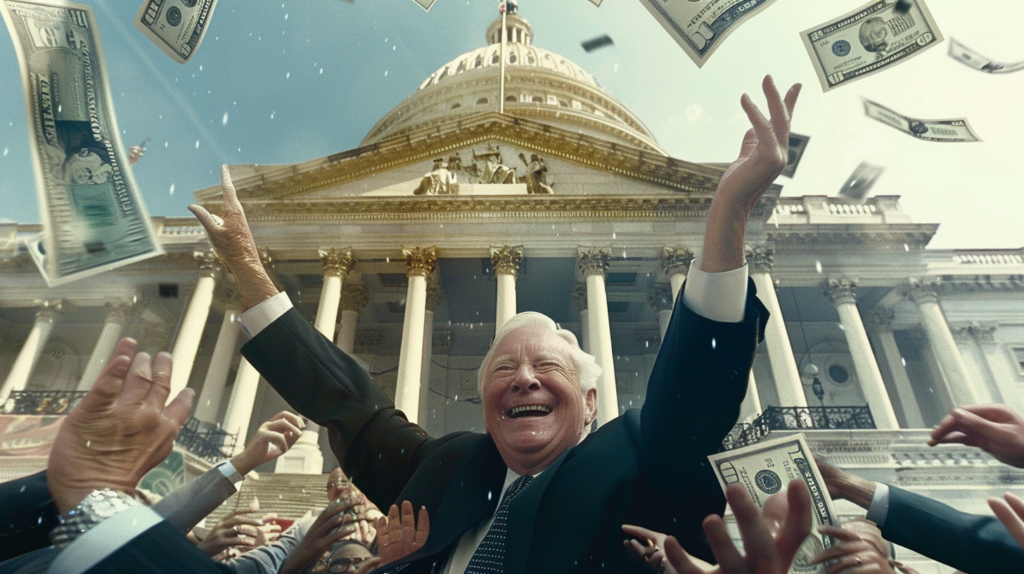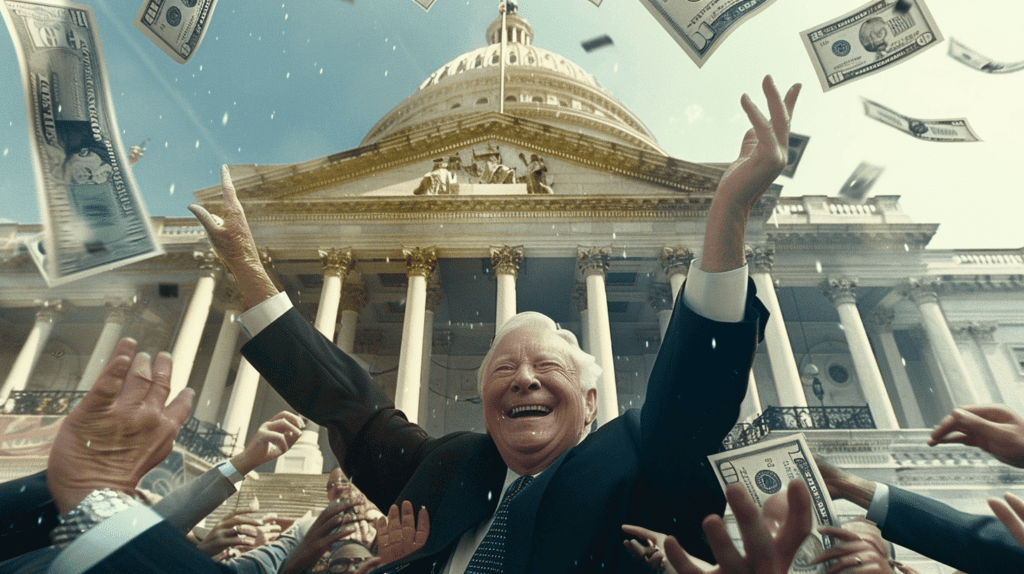This is one of those stats that’s sure to be both repeated and disbelieved, courtesy of Bill Clinton’s speech at the phenomenal DNC 2024 last night: since the end of the Cold War in 1989, the cumulative tally of job creation between the two parties is not even close: 50 to 1. Out of the 51 million jobs that have been created since then, about 50 million of them can be attributed to Democrats (under Clinton, Obama, and Biden who account for 97.4% of the total), and only 1 million to Republicans.
That is a pretty stark objective review of right-wing economic ideology. Which is billed, by the way, as “job creating” policy. Trickle down economics, supply side, Reaganomics, libertarian theory, Mudsill Theory — by whatever name you call it, the policy of giving massive tax cuts to the rich while cutting spending on the middle class is supposed to magically create great prosperity for all. Instead, the numbers show the exact opposite — prosperity is not trickling down. It is in fact being hoovered up.
DNC 2024: Fierce middle class energy
I hope to write more about the overall amazing, vibrant, and joyful atmosphere of the DNC this year — delivering not just the strongest support for Kamala Harris and Tim Walz possible, but bringing back the sense of hope and optimism from the Obama years in the most refreshing and much-needed way. But for now I’ll just say that the Democrats are driving home this economic message that has already been wildly successful under Joe Biden: when we invest in the middle class, the economy truly does grow for everybody.
When the middle class is strong, America is strong. It’s a lesson we learned in the post-war era of the 1950s but have drifted away from since the 1970s when corporate leaders and big business interests mounted a concerted effort to turn the tide against the New Deal value system that lifted us out of the Great Depression and the economic policy that ushered in that broad distribution of wealth in the U.S.
It feels like the fever is finally breaking. The decades of epic gaslighting fomented by the merchants of doubt may have reached the peak disinformation tolerance of the American people. Here’s hoping the real economic stories will now get told — and that Americans will go to the polls this November and cast their ballots accordingly.


